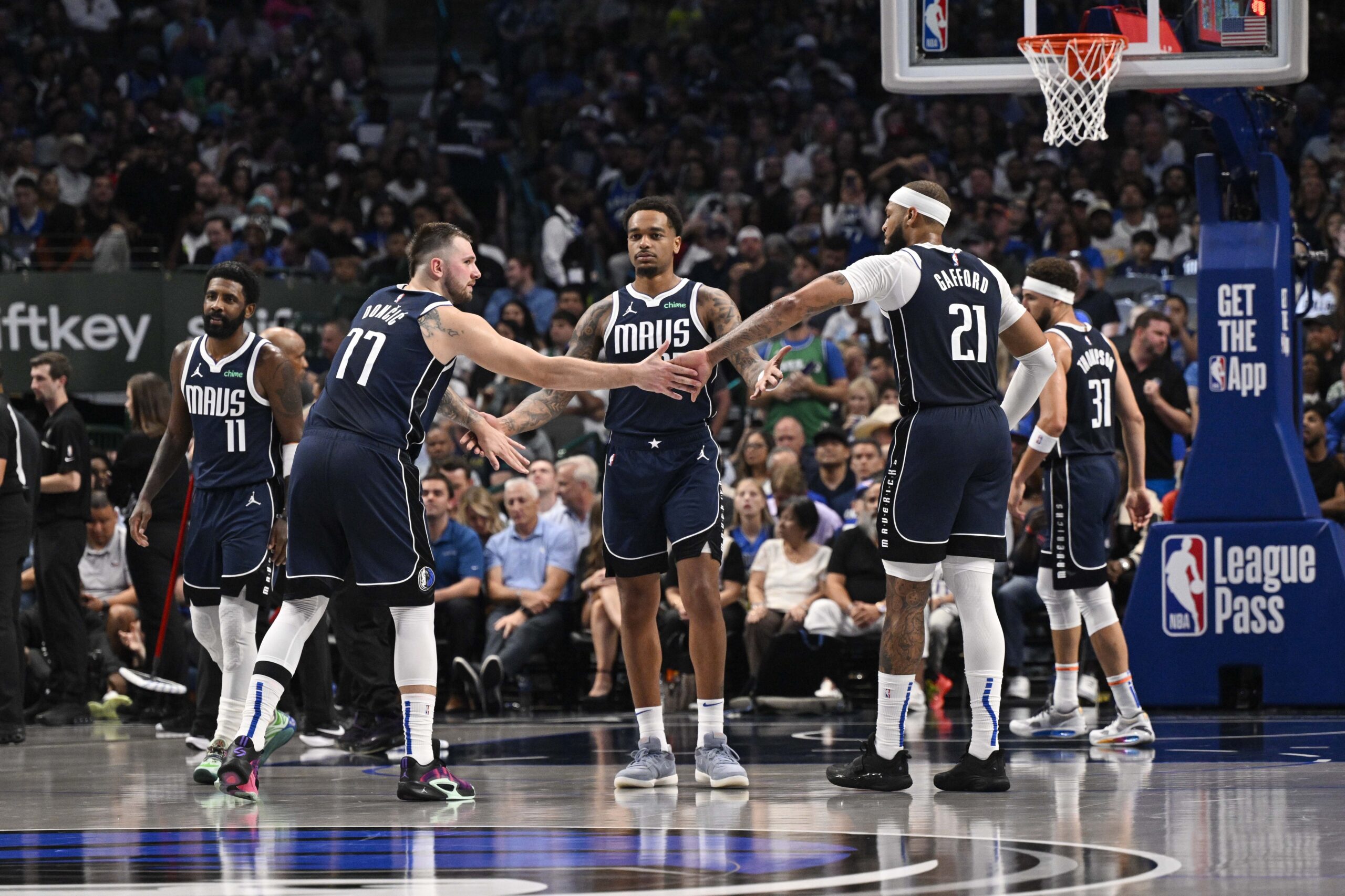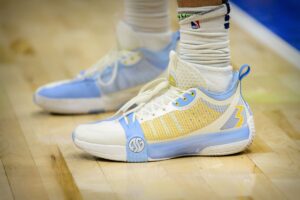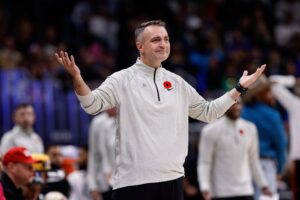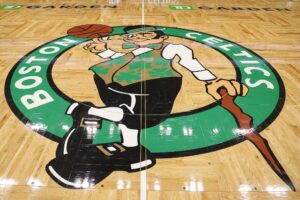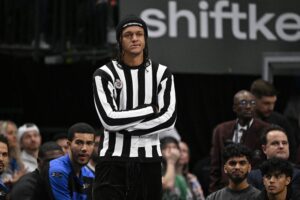From rim-shattering dunks to breathtaking logo threes, the Dallas Mavericks are carving out a unique identity in the NBA. Their two-way versatility, combined with the stellar playmaking of superstar Luka Doncic, has propelled them into the league’s spotlight. To gauge their potential for sustained success, it’s worth exploring past teams that mirror their structure and style. Let’s delve into NBA history to determine whether these Mavericks are a fleeting sensation or the foundation of a future dynasty.
Historic NBA Teams that Mirror the Current Dallas Mavericks
Key Characteristics
The Dallas Mavericks’ system revolves around play-finishing role players, connected by two offensive maestros: Luka Doncic and Kyrie Irving. Each role player operates off the ball, poised to score when given an open look. The team’s wings move constantly around the perimeter, seeking open-shot opportunities, while big men position themselves near the dunker’s spot, make cuts to the basket, or run pick-and-rolls to create offense. This on-court identity can be visualized as a tree trunk, the primary playmaker, branching out to multiple play-finishers.
Defensively, the Mavericks rely on their roster’s adaptability to cover the perimeter and anchor the paint. A strong point-of-attack defender locks onto the ball handler, while the centers drop back to protect the restricted area, holding opponents to an inefficient 41.7% at the rim. This cohesive style, along with the players’ complementary roles, will form the foundation for comparing Dallas to historical teams.
Establishing the Criteria for a Comparison
This list will focus on teams that align closely with the Mavericks in playstyle, roster composition, and achievements. The teams that best mirror Dallas feature a similar core structure: one superstar, a secondary playmaking co-star, and a reliable supporting cast. This superstar will be an MVP-caliber talent, entrusted with orchestrating the offense. These comparable teams employ quick, purposeful ball movement. Finally, they create efficient scoring opportunities for role players, making this blend of talent and tactics our benchmark for comparison.
Top Historic Resemblances
When analyzing individual playstyles, the current Dallas Mavericks bear the closest resemblance to the 2017-18 Houston Rockets. That Rockets team featured a triple-threat MVP in James Harden, a savvy secondary playmaker in Chris Paul, and a rotation of defense-oriented role players. They enjoyed substantial playoff success and were widely regarded as legitimate contenders against the Warriors’ superteam.
In terms of cohesive functionality, another strong comparison emerges from the 2023-24 Denver Nuggets. Like the Mavericks, the Nuggets combined an unusually large point facilitator with efficient shooters and effective off-ball movement, creating a balanced offensive system. Dominant in the regular season, they were widely considered championship favorites. However, they were vulnerable to streaky shooting performances in key games.
A notable historical comparison is the 2005-06 Dallas Mavericks. Both teams feature foreign superstars leading dynamic offenses, surrounded by floor spacers and capable defenders. Similar to the current Mavs, the 2005-06 team was a force in the regular season and playoffs but faltered when their star player had off nights.
Each of these comparisons provides a unique perspective for the Mavericks’ structure and potential, revealing both strengths and challenges as they strive for playoff success.
Implications for the Mavericks
Each of these teams faced setbacks that ultimately impacted their championship aspirations. Only one eventually rebounded as a title contender. The 2017-18 Rockets suffered a crucial loss in the conference finals after missing an NBA-record 27 consecutive threes. The 2023-24 Nuggets lost bench strength with Bruce Brown’s departure in free agency, exposing depth issues that hindered their title defense. The 2005-06 Mavericks are the only team here that made it to the NBA Finals.
For the current Mavericks, the lessons are clear: to contend for a title, they must build shooting consistency and develop reliable support for when their stars are off the floor. With a balanced roster and strong shooting depth, Dallas could not only emulate the best of these historic teams but possibly avoid their pitfalls and build toward a lasting legacy.


